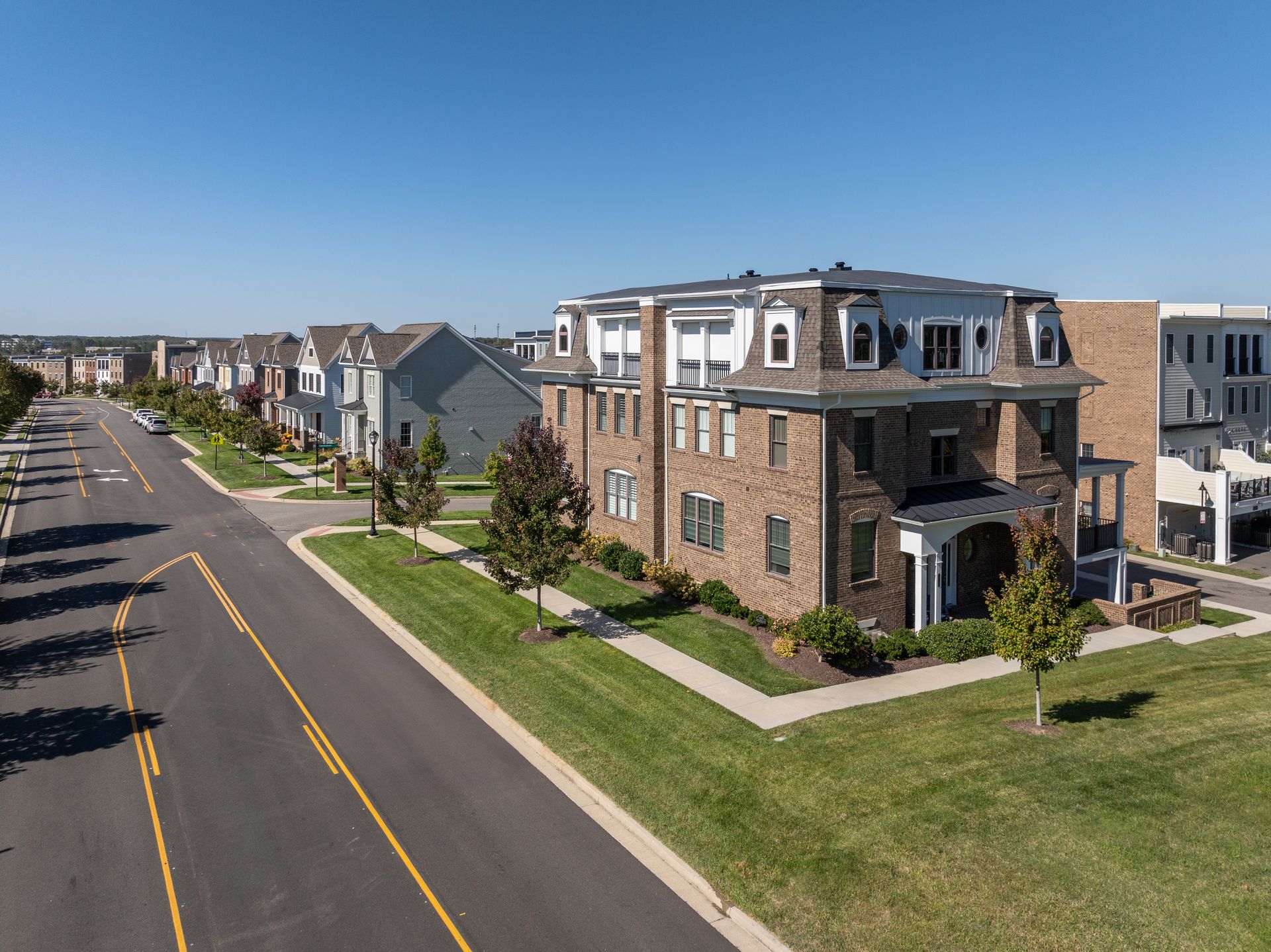May 8, 2025
If you've been in your home for a few years or even a few decades chances are you've at least thought about refinancing. Maybe you've heard rates are changing, or you've built up equity, or you're simply looking for ways to free up monthly cash flow. Whatever your reason, refinancing is a big financial decision. For experienced homeowners in Virginia or North Carolina, it can be a savvy way to save money but only if the timing and terms are right. This guide breaks it all down: when it makes sense to refinance, when to hold off, and how to crunch the numbers like a pro. What Does It Mean to Refinance Your Mortgage? Let’s start with the basics. When you refinance, you're replacing your current mortgage with a brand-new one. Most people refinance to: Secure a lower interest rate Reduce monthly payments Change the loan term (e.g., 30-year to 15-year) Tap into home equity (cash-out refinance) Get rid of private mortgage insurance (PMI) Sounds simple, but as with anything mortgage-related, the devil is in the details. The goal is to save money over time not just reduce your monthly payment. So how do you know if it’s worth it? When Refinancing Makes Sense 1. Interest Rates Have Dropped Since You Bought Your Home If your original mortgage rate is higher than current averages, refinancing could lower your payment and save you thousands in interest. As of spring 2025, experts like Fannie Mae expect rates to average around 6.3% by late 2025. If you're locked into something above that especially if you're in the 7%+ range it's worth looking into a refinance. Tip: Search “refinance Virginia” or “mortgage refinance NC” to get real-time averages in your area. Local lenders may offer more competitive rates than the national brands. 2. You Want to Pay Off Your Home Faster Let’s say you’ve been paying on your mortgage for a while, and your financial situation has improved. Refinancing into a shorter term like switching from a 30-year to a 15-year loan can drastically cut down the total interest paid. Yes, your monthly payment will likely go up, but if you're able to handle it, the long-term savings are often worth it. 3. You’ve Built Up Equity and Want to Use It This is where a cash-out refinance comes in. If your home has increased in value, you can refinance for more than you owe and pocket the difference in cash. This can be a smart way to fund: Home renovations College tuition Debt consolidation Just be cautious: it’s still a loan, and your home is still on the line. 4. You Can Finally Get Rid of PMI Private mortgage insurance (PMI) is required when your down payment is less than 20%. If your home’s value has increased enough to push your equity over 20%, refinancing can remove PMI and lower your monthly costs. When You Might Want to Hold Off on Refinancing Refinancing isn’t free. And depending on your goals and situation, it may not always be the best move. Here’s when you should think twice: 1. You’re Planning to Move Soon Refinancing comes with upfront costs typically 2–5% of the loan amount. If you're planning to sell or move within the next couple of years, you might not stay in the home long enough to recoup those costs. 2. You’re Close to Paying Off Your Mortgage If you're within a few years of being mortgage-free, refinancing could actually cost you more. Restarting the clock on your loan adds more interest, even if the new rate is lower. 3. Your Credit or Financial Picture Has Changed If your credit score has dropped or your debt-to-income ratio has increased, you may not qualify for a better loan. Or, the rates you're offered might not make refinancing worthwhile. How to Calculate the Break-Even Point This is the #1 tool to decide if refinancing is worth it. Here’s how to do it: Add up your closing costs (let’s say $4,000) Divide that by your estimated monthly savings (let’s say $200) That gives you a break-even point of 20 months So if you plan to stay in your home longer than 20 months , the refinance starts saving you money. A Few Pro Tips for Experienced Homeowners Don’t just chase the rate. Look at total cost of the loan, including fees and interest over time. Use a local lender. They often understand regional markets better and may offer personalized options. Ask about rate buydowns. You may be able to pay points upfront to lower your interest rate long-term. Refinance doesn’t mean requalify for the exact same loan. The lender will still evaluate your credit, income, and home value.







